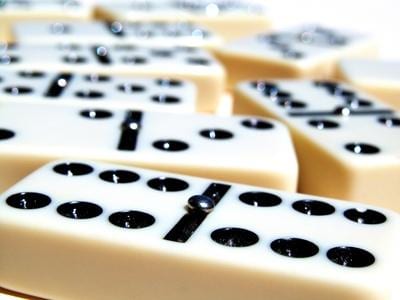Kids of all ages enjoy playing games and participating in fun activities. In fact, many cultures can find records of ancient games played by generations of children. Although game playing may have been around for countless centuries, finding fun ones to share with your children may present a dilemma. The desire to participate in playing certain games varies from child to child, depending on age, ability, activity level and personal interests. In addition to providing a fun pastime, games can improve your children’s environmental and social awareness, while improving their skills.
Age Considerations
Matching a game to your children’s developmental abilities can make the difference between having fun and getting bored. Board games are intended for very young children as well as mature adults–and all ages in between. For preschool children, select games that allow them to feel proud of their accomplishments, such as those that include number recognition, counting, naming objects and color matching. Consider playing analytical or strategy board games with young teens.
Social Skills
Use fun games to promote social interaction and build social skills. Most games involve taking turns, requiring children to practice patience and focus their attention on others. Play games such as softball and organize relay races and group scavenger hunts to promote team building.
Developing Awareness
Help your children understand the importance of reducing waste by encouraging them to play games that involve recycling. Make your own board games out of used items, such as cardboard boxes, pop-can tabs, greeting cards and old posters. Reuse printed paper to make origami. Make this activity more fun by providing a prize for the most creative origami sculpture.
Educational Benefits
Many types of fun games can encourage your children to learn. Agencies and organizations–such as NASA, the Environmental Protection Agency’s Teaching Center and National Geographic–provide websites with educational games. Detection games, such as hide-and-seek, finding hidden objects and being the first to spot an animal or insect, help young children discover the world around them.
Family Activities
Encourage family communication by playing fun games that involve all members of the family. Set aside regular family times, and take turns allowing each member to pick a favorite game to play. Continue this practice all year long, playing outdoor games when the conditions permit and cards or board games during inclement weather.
Photo Credit
- game image by Jo??o Freitas from Fotolia.com





